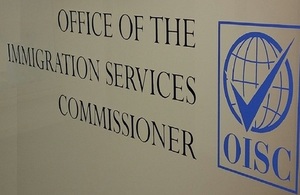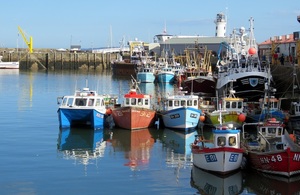We are looking for qualified legal professionals to join a review panel considering appeals against certain LAA decisions including those relating to claims for costs.
Successful applicants for the Legal Aid Review Panel will be drawn from solicitors, barristers, Fellows of the Chartered Institute of Legal Executives and Costs Lawyers.
What does the work involve?
Members serve as Independent Funding Adjudicators (IFAs) and Independent Costs Assessors (ICAs).
You will use your knowledge and expertise to decide appeals against refusal of funding and assessment of costs.
We are also seeking to recruit to our specialist sub panel which considers appeals in high cost and, sometimes, high profile cases.
Panel members carry out most of their work in their office or at home as single adjudicators or assessors.
Work volumes can vary considerably according to the category of law. But we always check availability before allocating according to the areas of expertise members have declared.
How will I be paid?
You will be paid at the rate of £52 per hour and reasonable expenses will be reimbursed. Panel members are paid through the Judicial Payroll.
If selected to serve, you will be deemed an “office holder” as defined in the relevant revenue law.
This means the LAA will be required to pay basic rate income tax and National Insurance contributions on all payments to panel members.
Panel members are not employees of the LAA. So, you will not be offered a contract of employment.
How long does the appointment last?
Members will serve for up to 5 years from early 2021.
Where can I find out more?
There is more information together with an application form on our Review Panel application page on GOV.UK.
This explains the background to the panel, the areas of work which it deals with and the qualifications and skills required to serve on the panel.
Apply to Legal Aid Review Panel

